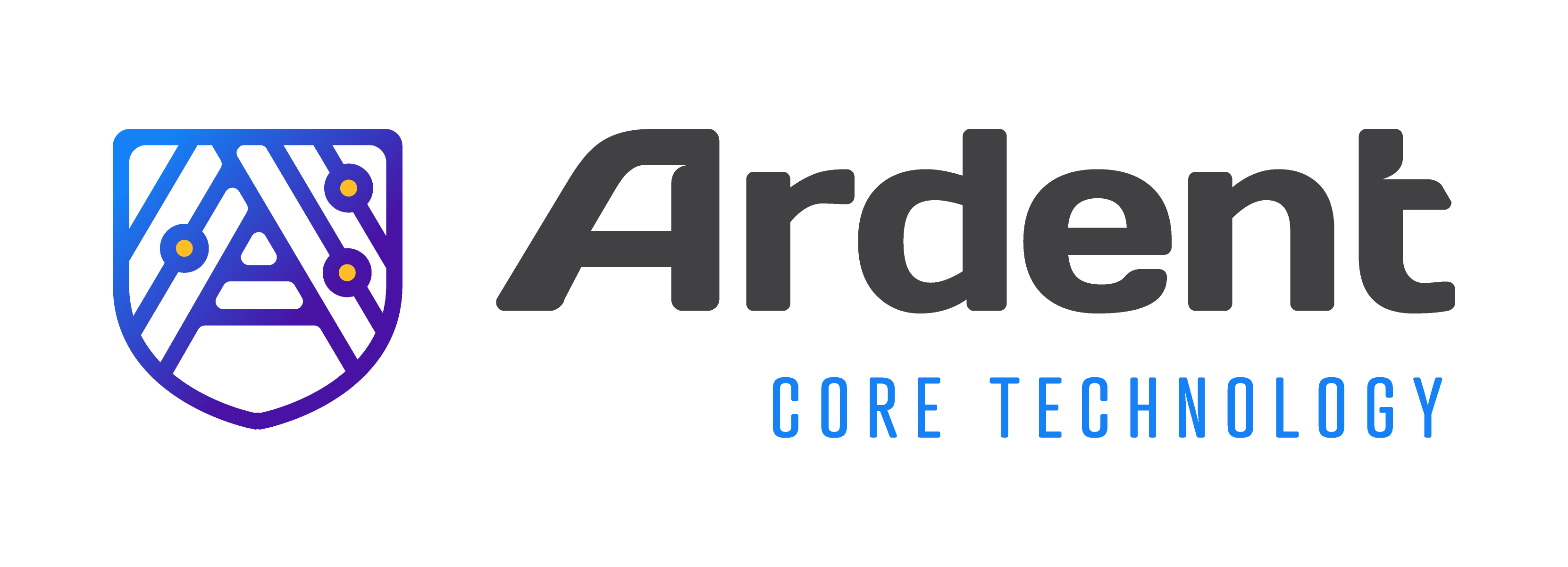Managed IT Services in Healthcare: Enhancing Efficiency and Security
In the dynamic healthcare sector, effective IT management is essential for smooth operations. As healthcare organizations increasingly depend on digital solutions for patient care, data management, and regulatory compliance, managed IT services have become crucial. This blog post explores how managed IT services can significantly enhance efficiency and security in your healthcare organization.
What Are Managed IT Services?
Managed IT services involve outsourcing the oversight and maintenance of your IT infrastructure to a specialized provider. This encompasses managing hardware, software, networks, and data security. For healthcare settings, these services are customized to address the unique demands of medical practices, hospitals, and clinics, ensuring that everything operates smoothly and securely.
Key Benefits of Managed IT Services in Healthcare
1. Enhanced Data Security
Protecting patient information is critical due to its sensitive nature and regulations like HIPAA. Managed IT services offer robust security measures, including encryption, firewalls, and intrusion detection systems. Furthermore, regular security audits and compliance checks ensure that your IT systems meet industry standards and are protected against data breaches.
2. Improved Compliance
Navigating healthcare regulations can be complex and challenging. Managed IT service providers assist in ensuring your IT systems comply with laws such as HIPAA and HITECH. They support record-keeping, manage electronic health records (EHR), and ensure that data handling practices meet regulatory requirements, thus reducing the risk of compliance issues.
3. 24/7 Monitoring and Support
Healthcare facilities operate around the clock, so your IT systems should too. Managed IT services offer 24/7 monitoring and support to swiftly address any issues, minimizing downtime and disruptions. This constant oversight helps prevent system failures and maintains efficient operations, ensuring that critical functions are always available.
4. Scalability and Flexibility
Healthcare organizations often experience fluctuating IT needs. Managed IT services provide scalable solutions that grow with your organization. Whether you are expanding your practice, integrating new technologies, or upgrading systems, these services offer the flexibility to adapt to your changing requirements seamlessly.
5. Enhanced Patient Care
Efficient IT systems directly impact patient care by facilitating quick access to medical records, streamlining appointment scheduling, and improving provider communication. Managed IT services ensure your technology supports these functions effectively, thereby enhancing patient experiences and ensuring timely, accurate care.
6. Cost Efficiency
Outsourcing IT management can be more cost-effective compared to maintaining an in-house team. Managed IT services offer predictable costs through service agreements, which helps avoid large upfront investments in hardware and software. This cost efficiency allows healthcare organizations to allocate resources more effectively, ultimately benefiting patient care.
7. Disaster Recovery and Data Backup
Healthcare organizations must be prepared for emergencies. Managed IT services include disaster recovery and data backup solutions to protect and restore your data in case of unforeseen events. This preparedness ensures business continuity and minimizes the impact of potential disruptions, allowing your organization to recover swiftly from emergencies.
8. Focus on Core Activities
By outsourcing IT management, healthcare professionals can focus on their primary responsibilities—delivering quality patient care. Managed IT services handle the technical aspects, enabling staff to concentrate on providing excellent care and improving patient outcomes. This shift in focus helps ensure that patient care remains the top priority.
Choosing the Right Managed IT Service Provider
When selecting a managed IT service provider for your healthcare organization, consider the following factors:
Experience and Expertise
Choose providers with substantial experience and a deep understanding of healthcare-specific requirements. Their familiarity with industry challenges and regulations will ensure they can effectively meet your needs.
Security Measures
Ensure the provider has robust security protocols and compliance measures in place. Their ability to protect sensitive data and adhere to regulatory standards is crucial for maintaining the integrity and confidentiality of patient information.
Support and Availability
Opt for a provider that offers 24/7 support and has a reliable service record. Reliable support is essential for addressing issues promptly and minimizing any impact on your operations.
Scalability
Select a provider that can scale their services to accommodate your evolving needs. As your healthcare organization grows and technology changes, your IT service provider should be able to adapt and support your new requirements effectively.
Conclusion
Managed IT services offer numerous benefits for healthcare organizations, including enhanced data security, improved compliance, and cost efficiency. By leveraging expert managed IT services, healthcare facilities can ensure their IT systems run smoothly, support high-quality patient care, and meet regulatory requirements. Investing in these services allows healthcare professionals to focus on delivering exceptional care while entrusting IT management to experienced specialists.
By carefully considering these factors, you can make an informed decision and partner with a managed IT service provider that enhances your organization’s efficiency and security, ultimately contributing to better patient outcomes and overall operational success.
For tailored managed IT services that meet the unique needs of your healthcare organization, contact us today. Discover how our solutions can enhance your IT infrastructure and support your mission to provide outstanding patient care.


